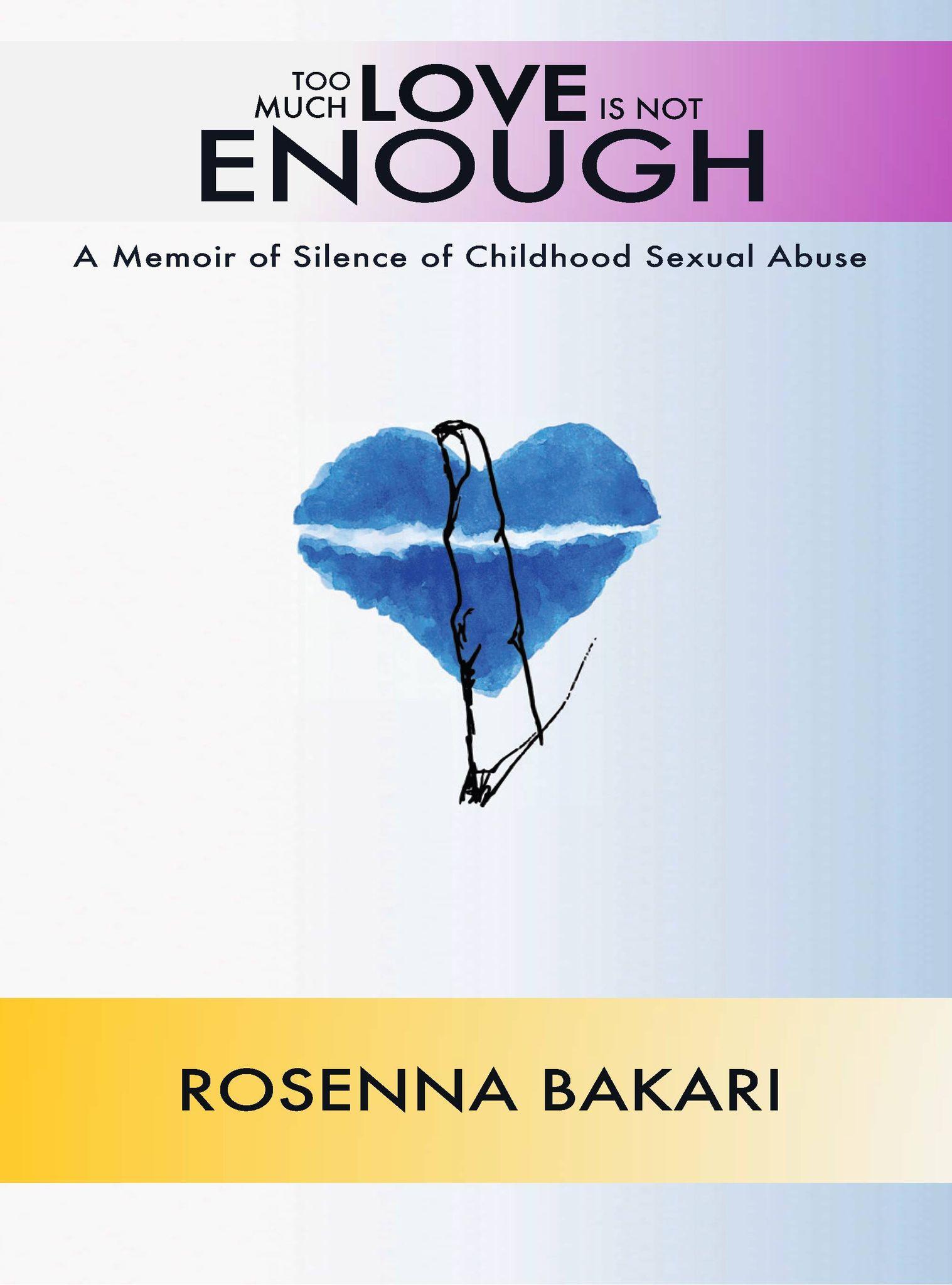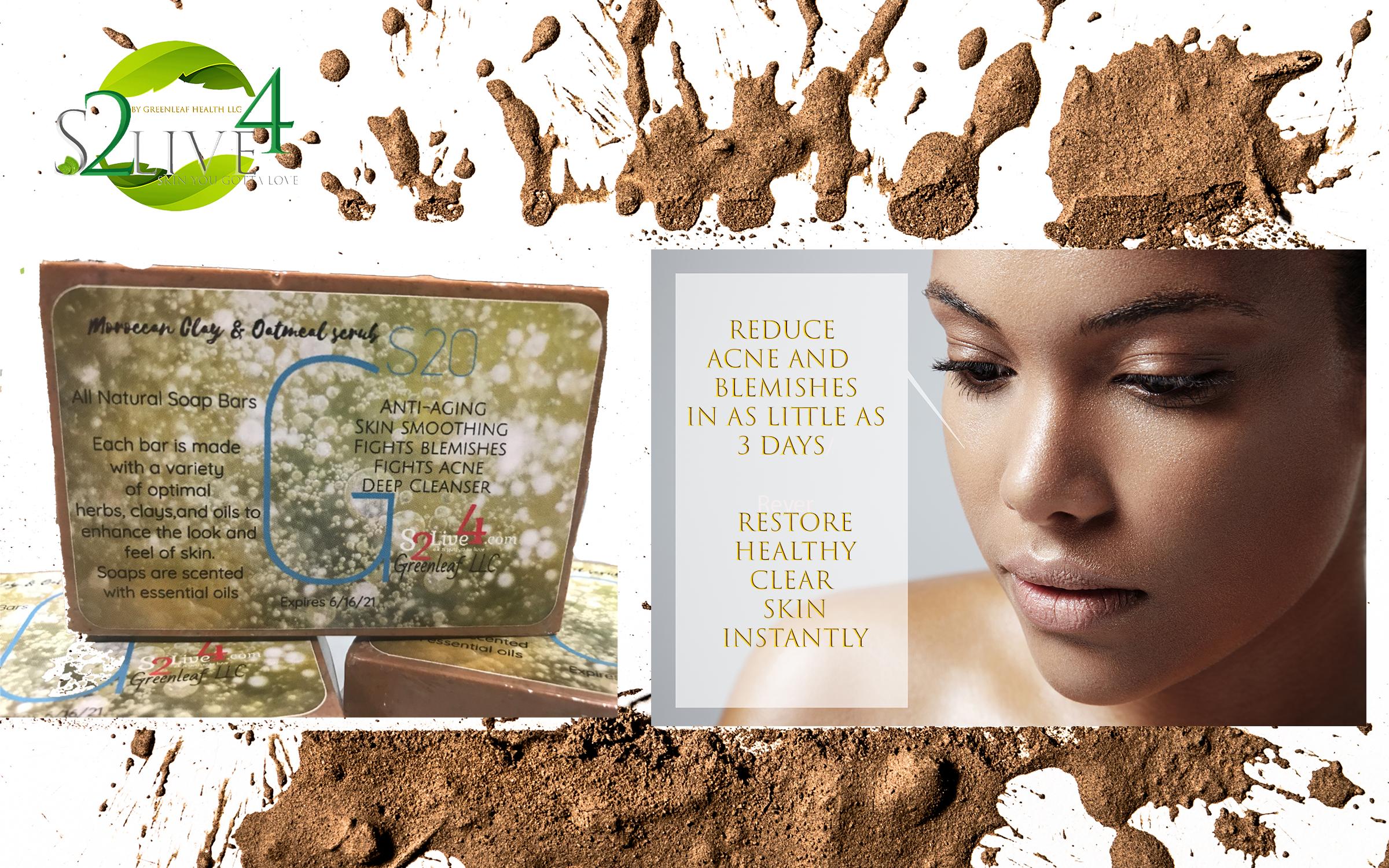
11 minute read
Why Healing Feels Impossible Hard
Even Though It Isn’t
By Dr. Rosenna Bakari
Advertisement
I am one of 60 million adult survivors of childhood sexual abuse. The difference between most survivors and me is that I live openly, while most survivors live in secret. I lived in silence too for forty years, hiding instead of healing. According to journals, books, and professional blogs, survivors are stifled by their sense of guilt and shame. While most of us experience those emotions to varying degrees, my ten years of working with survivors tell a different story.
The mind’s preference for the familiar is counter-productive to healing.
Most survivors can work through guilt and shame, given adequate information, and affirmation support. However, even in the absence of guilt and shame, healing can feel like hell. It could be descriptively referred to as the “helling” process. A critical mental process distorts the

healing journey and makes thriving appear impossible. The mind’s preference for the familiar is counter-productive to healing. In the absence of trauma, the process helps to develop healthy patterns for negotiating the world. In the lives of survivors, this pattern keeps us stuck in dysfunctional cycles.
Stuck in the Familiar
The mind has a strong preference for the familiar and will choose a known demon over a strange goddess most of the time. Quantity is more important than quality. You find yourself singing to songs that you hated after hearing them 20 times on the radio. We maintain tradition because of familiarity, not practicality. The more times any event or experience happens, the more likely our brain will code it as “normal.” The brain codes “normal” according to the environment's reality, not based on judgments of right and wrong. Generally, when a victim cannot stop abuse, the brain will habituate to the abuse, thus making it normal for survival.
Generally, when a victim cannot stop abuse, the brain will habituate to the abuse, thus making it normal for survival.
Adult survivors have a long history and lots of familiarity with dysfunctional internal and external experiences. Attempts at new behavior compete with decades of the familiar. For
example, many survivors of childhood abuse continue to share spaces with people who harmed them as children. The older sibling who emotionally tormented them, the grandfather who violated them, or the mother who physically harmed them may sit at every family function.
Although the survivor may feel traumatized by sharing space with people who harmed them, they continue to participate. They don’t consider making an adult decision to say no to their authority figures. Their brain has normalized the experience even although it is painful.
Fighting the Familiar
Survivors can face unsurmountable circumstances in fighting the familiar. Breaking silence typically leads to at least some negative consequences, often steep ones. I was threatened and excommunicated by family members for using my violator’s real name and relationship in my memoir. Fortunately, I was far enough along in my healing journey not to be disturbed. The family member who threatened me had become reliant on my silence. His brain interpreted me breaking my silence as dysfunction because it was an unfamiliar disruption. This similar response from family members wreaks havoc on the healing process for survivors.
So much internal work has to occur to reprogram the survivor’s brain and create new normal. Frequently, survivors cocoon themselves in environments that supported their distortions and misperceptions of the world and themselves. So, when they begin healing and experimenting with functional behaviors, they are misunderstood and rejected.
Changing the Familiar
Changing the familiar usually requires changing your tribe. Immersing yourself in change gives you a better chance than trying to change something small while everything else remains the same. The irony is that as we age, the more aversive we are to change. So, survivors fight an uphill battle. Letting in new experiences is the easiest way to initiate change. Convincing yourself to spend the holiday with friends is easier than convincing yourself to reject spending holidays with your family. But, before you can decide to spend the holidays with friends, you have to begin spending more time with friends. First, you may have to make friends.
Change is not straightforward or simple, and it doesn’t occur overnight. I was eight years into my third healing process when I wrote my memoir. I had built up a network of support. I had experimented enormously with change and learned to live with the family isolation. I was much better prepared for the consequences of writing the memoir than I was for the healing that had led me to that point.
Reprogramming
The distortions and misconceptions that occur from surviving trauma prevent you from knowing the truth about yourself, your trauma, and the world. Reprogramming the brain requires new experiences that can remap and reroute their integration.

Restoring Distortions
When we experience a toxic environment before we come to know who we are, we essentially never know who we are. When we have been groomed as secretkeepers, enablers, caregivers, and hostages, we learn to focus on others instead of ourselves. Our likes, dislikes, and goals often center around safety instead of growth.
Getting to know you
Ironically, safety in a dysfunctional environment is not real safety. For children, safety is about not getting into trouble or disappointing people. It can manifest in adulthood as perfectionism, hyper-empathy, or numbing out and rebelliousness. The focus on safety doesn’t support growing into our authentic selves.
I started writing almost daily when I began the healing journey. I thought I had invented a new aspect of myself. A few years into the poetry scene, several people showed me poems I had written to them that I didn’t remember. I also found writing projects I had written decades ago that I had forgotten about. I don’t know how much writing I had done before I knew I was a writer. I’m just glad I rediscovered it. The more I healed, the more I wrote, and the more I wrote, the more I healed. Getting to know the familiar in you that is resourceful, brave, and talented rewires the brain. It may require spending time in places you haven’t gone to before. I had to train my body to stay awake past 11:00 pm to participate in open mics. I thought my husband was going to give me a curfew instead of our children.
Getting to know the familiar in you that is resourceful, brave, and talented rewires the brain.
Going within to find your joy and your laughter will help build a healthy familiar. When the outer world misunderstands or rejects the new you, your inner world must be strong enough and confident enough to continue the restructuring. Permit yourself to experiment instead of expecting to have all of the answers as if life is a pass-or-fail test. It isn’t. Life is trial and error that requires resilience and tolerance for the unfamiliar.
You don’t need to go on a fancy and expensive trip to find yourself. You can go to a friend’s network meeting that you keep putting off because you hate being
around people. You can sleep-in Sunday mornings instead of going to worship because that is just what you’ve always done. Change your grooming patterns. Spend time with people of different races, ages, and sexual orientations — unscript your life. Then strip your life until you get to your most authentic self.
Getting to know your trauma
The perpetuation of trauma on children is complex. It’s rarely as simple as one mean adult doing something bad to a child. When adult survivors begin to heal, we start at the who did what to me. We don’t see the big picture at first. To see the big picture of all that has to go wrong in the world for a child to get abuse is like emotional cancer to the brain —life-threatening. Coming to terms with all that was wrong in our environment is the walk through hell’s fire. Many survivors grow up believing that they had a normal family despite “this thing that happened to them.” I used the word thing intentionally because taking the person out of the picture is the first distortion. To survive, the experience of abuse is perceived as a thing rather than a particular person. Frequently, the victim is told they are responsible for the thing that is happening to them. Healing means putting family and communities under the microscope to understand the ugly truth. If a child didn’t tell, the child didn’t feel safe enough to tell. For the adult to heal, they have to understand the dynamics that made living as a child unsafe. Who or what were the parents guided by that their children did not trust disclosing horror.
Healing means putting family and communities under the microscope to understand the ugly truth.
Survivors were often betrayed by parents, family members, court systems, religious organizations, and society in ways that were never processed. All of these networks they perceived as good. When they see the parts these systems have played in their victimization, their world crumbles. Survivors find themselves ill-equipped to confront these systems. But, there is a bright side. When we see the role systems play in childhood sexual abuse, we can deindividualize our trauma. We see ourselves as part of a problem instead of the problem. We get distance from our pain with a panoramic view. The way to get this distance is to acquire knowledge — book knowledge, professional knowledge, academic knowledge. The more you know about childhood sexual abuse, the easier it is to reclaim your innocence.
Getting to know your world
Knowing the resources in your world will go a long way in the life-long healing journey. Survivors don’t thrive without support. Most will stagnate or retreat when they get to the “helling.” Thus, my three attempts at the healing journey.
Once you are fully planted in your truth, you are unstoppable.
Every resource you need for healing isn’t directly related to healing. You need resources about relationships, health and wellness, spirituality, and possibly education and careers. Making healing wholistic is the way to move effectively through the healing journey, especially the helling. Surviving is only about stopping triggers. But, thriving is about being empowered in your whole life. If healing were easy, half of all survivors would not live in silence. The pain doesn’t feel worth the effort for a while. But, not healing means that you will never live fully. Healing may deepen the pain before you can live comfortably in your truth. But, once you are fully planted in your truth, you are unstoppable. Respond to the author Rosenna Bakar, Ph.D.
Empowerment Partner and Wellness Coach


IDON’T WANT TO BE SELFISH
BY: ONYX KING
I am so excited!! I have a new man. I promise that I wasn’t even looking, yet here he is. The first few months of 2020 were like something out of a fairytale. I had been in a wonderful relationship for an entire year. We had gone on our first mini vacation as a couple, and I had never been happier in my whole life. We both had wonderful jobs. He had his own car, his own house AND he loved the Lord. What more could I ask for? Did I forget to mention that he was extremely handsome? Light skinned with green eyes? Yep. All that. Not only did he have a good job, but I did as well. I was a manager in a huge store. Then I caught a cold. I caught a cold that I could not get rid of. My wonderful man(Fiance’ by then) brought me to his house so that he could take care of me. Help me nurse this cold. Well to make a long story short. I was hospitalized for 8 days with the Corona Virus.
He was hospitalized for 20 days with the Corona Virus. All because my special man wanted to take care of me. Me exposing him to the Corona Virus was the most selfish thing that I could have ever done. Yes, I was lonely, and I wanted to be with him, but my wonderful fiance’ could have lost his life. That has made me think of so many times in my relationship I put my own wants ahead of what I knew was right, and sadly I have to say way too many to count. Today our society is going through a pandemic. We are facing a new normal. I don’t want to be selfish just like I know you don’t either, so when it comes to dating during this time. What are some things that we can do? I’m glad you asked!! I have a few things in mind: 1. Facetime- instead of merely talking on the phone why not video chat? It allows you to see that other person while you get to talk. Ladies it also allows us to get cute for the conversation, cause you know that’s important! 2. Write letters either using snail mail or email. Lots of times we can really get out what we want to say if we write it down. 3. Read together. What better way to get to know someone other than to pick a book together, and then have an open discussion on what you read.
These are just a few things that I wish I had done. You know what they say. Hind sight is 20/20!! Anyway, I am not so selfish anymore. We are both better physically, and more in love than ever!






